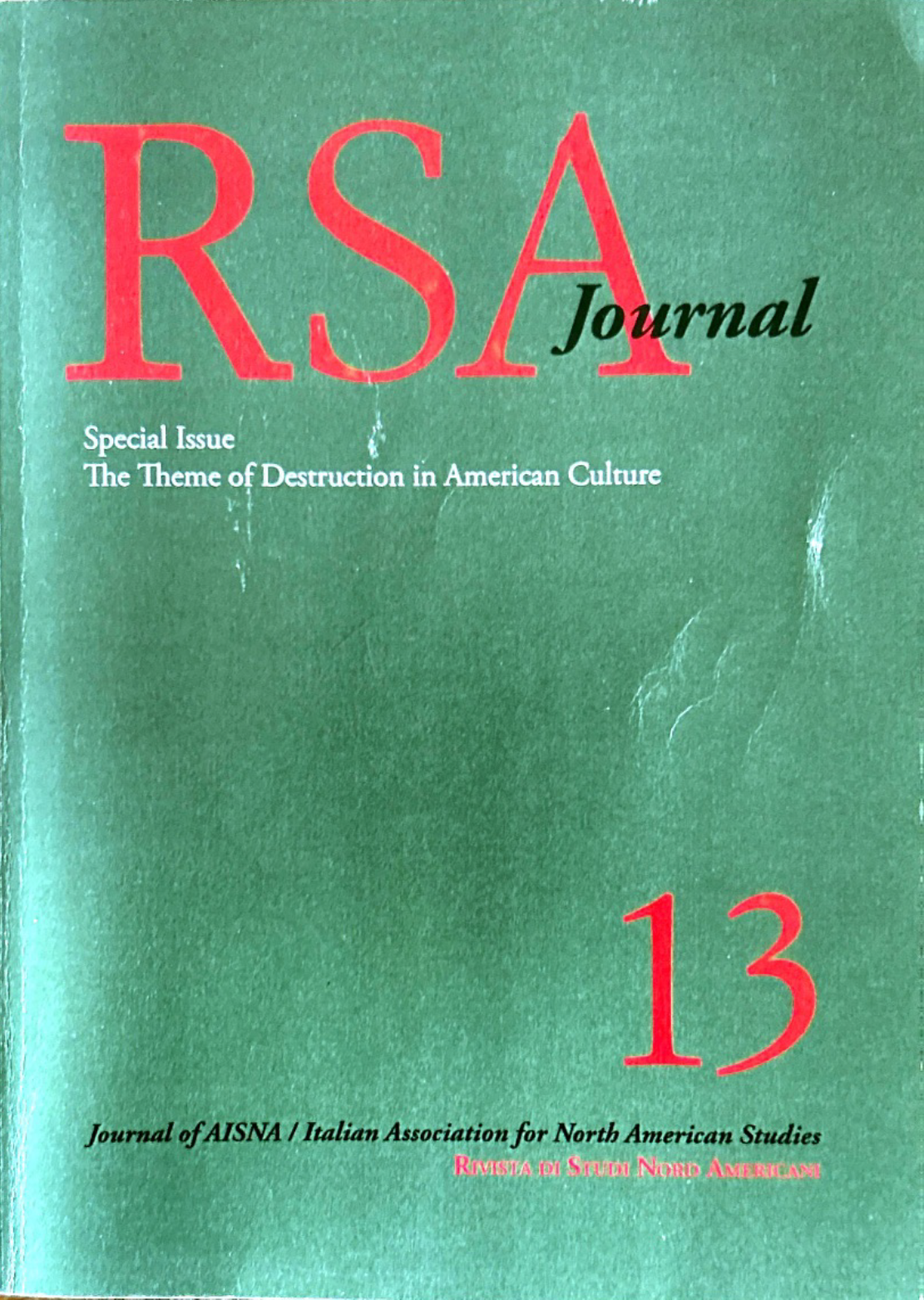“Present at the Destruction”?
George Bush, the Neocons and the Traditions of U.S. Foreign Policy
DOI:
https://doi.org/10.13135/1592-4467/8836Keywords:
Republican administration, destruction, U.S. foreign policy, George BushAbstract
The article analyses from an historical perspective the foreign policy of the current Republican administration. Contrary to common wisdom, it maintains that the approach to international politics of George W. Bush Jr. does not fundamentally depart from the most venerable diplomatic traditions of the United States. It argues that it is possible to find a cultural, political, ideological, and even religious, lineage to Bush's unilateralism, as it was most famously expressed in the 2002 National Security Strategy of the United States (NSS). What really characterizes current U.S. foreign policy is the attempt to recompose and synthesize different traditions and approaches. This attempted synthesis, however, has produced a confused and ultimately incoherent policy, whose limits and inconsistencies are quintessentially epitomized by a phrase that recurs five times in the 2002 NSS: the need for America to create "a balance of power that favors human freedom."
Downloads
Published
Issue
Section
License
RSAJournal will apply a CC BY 4.0 license to all its contributions starting with issue 37 (2026). Previous issues are licensed under a CC BY-NC-ND licence.





